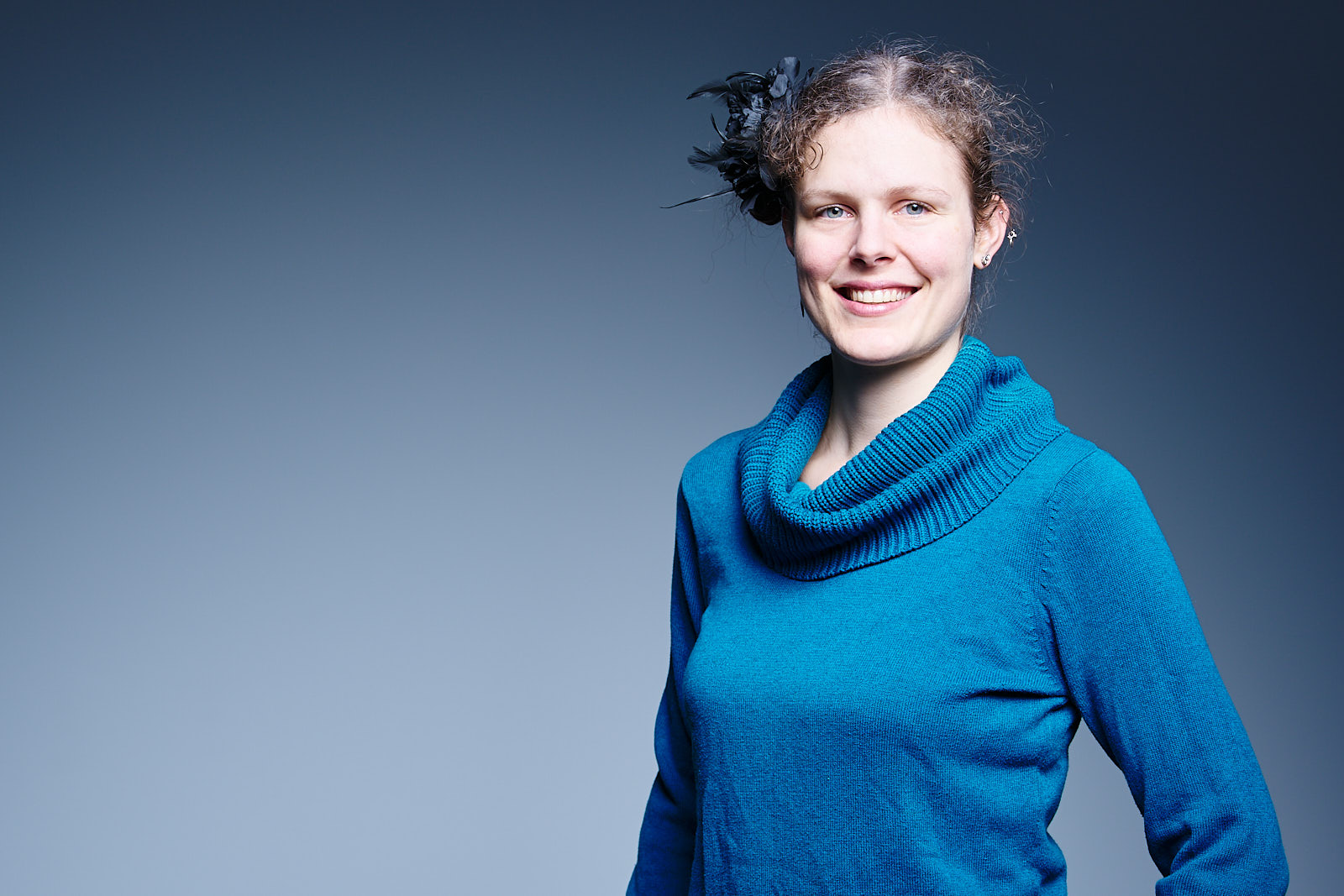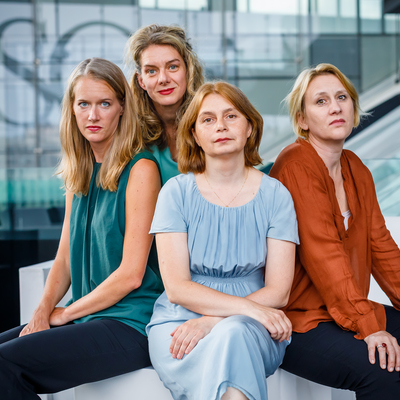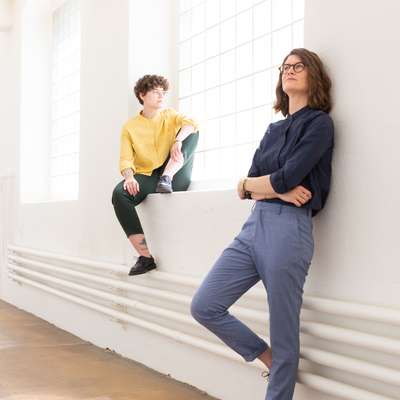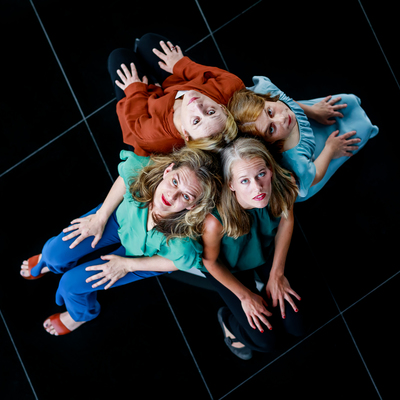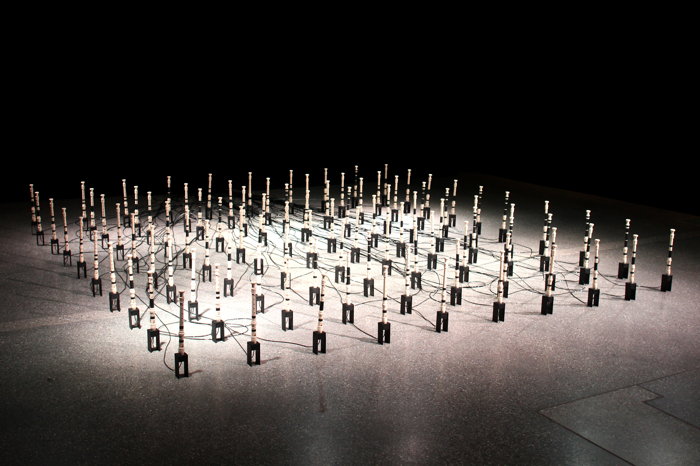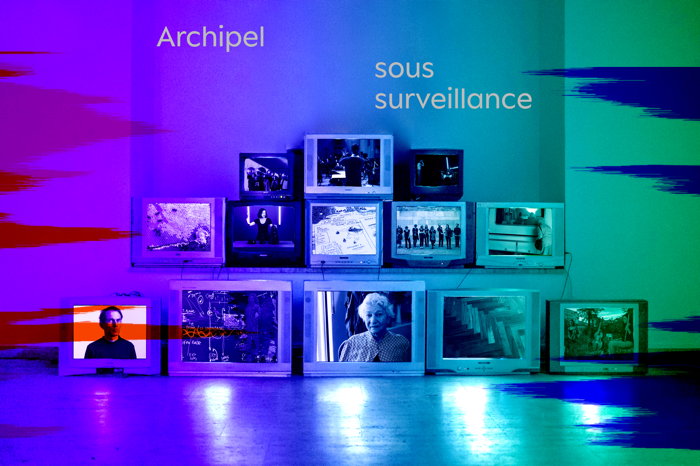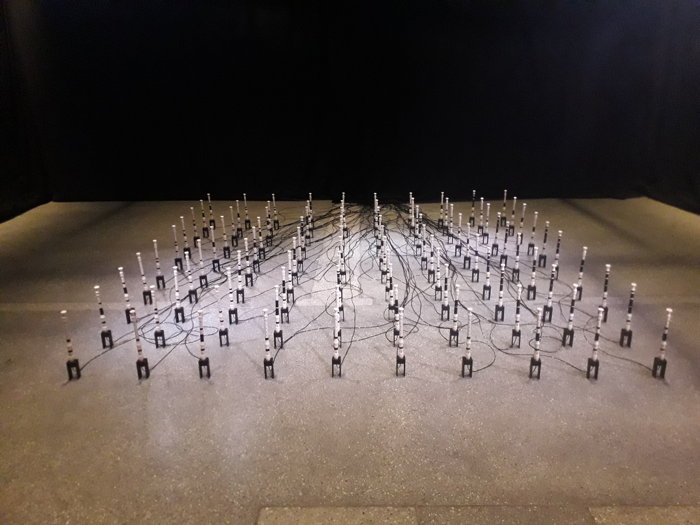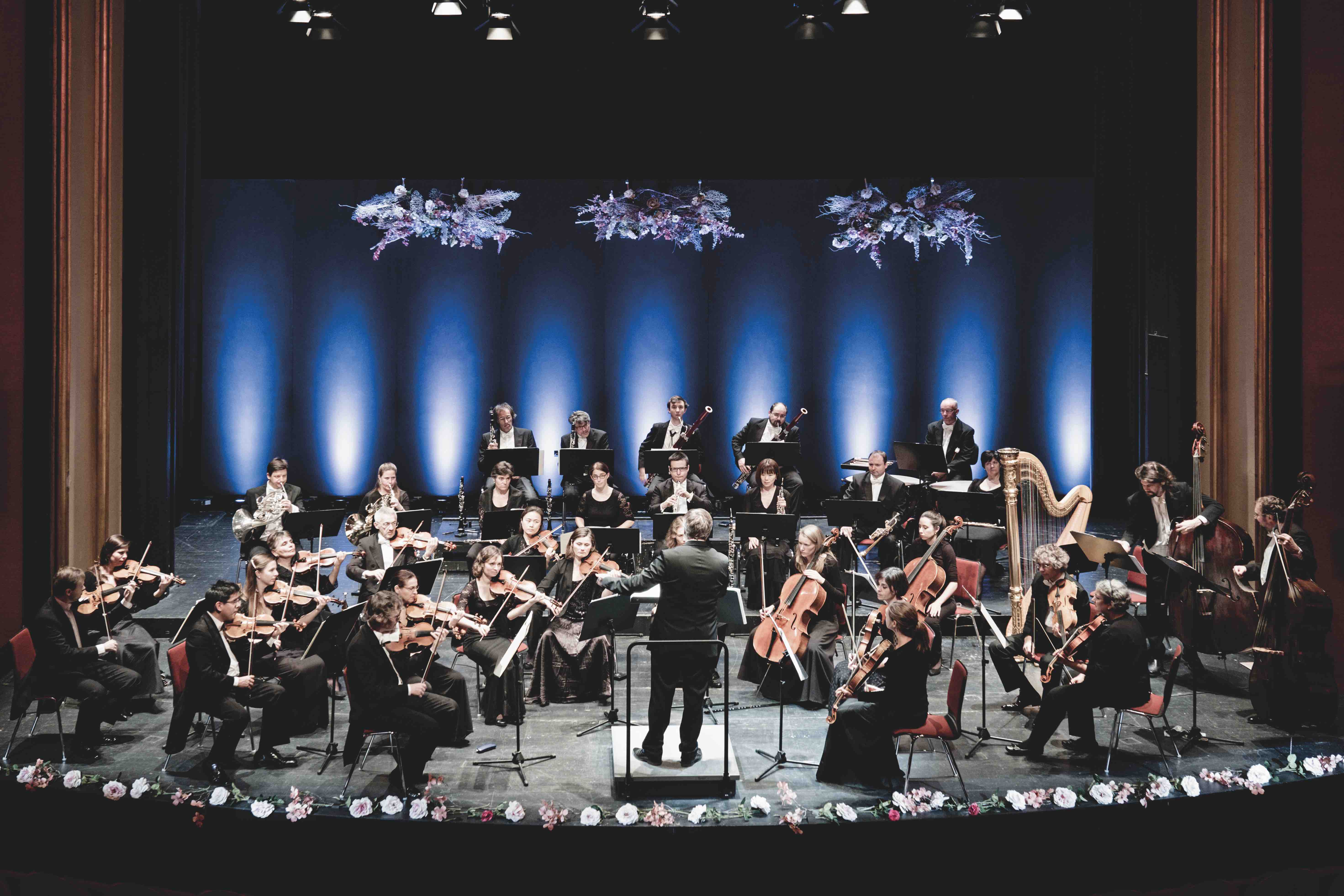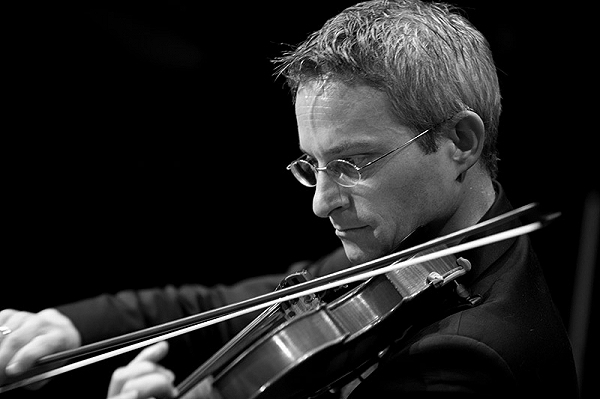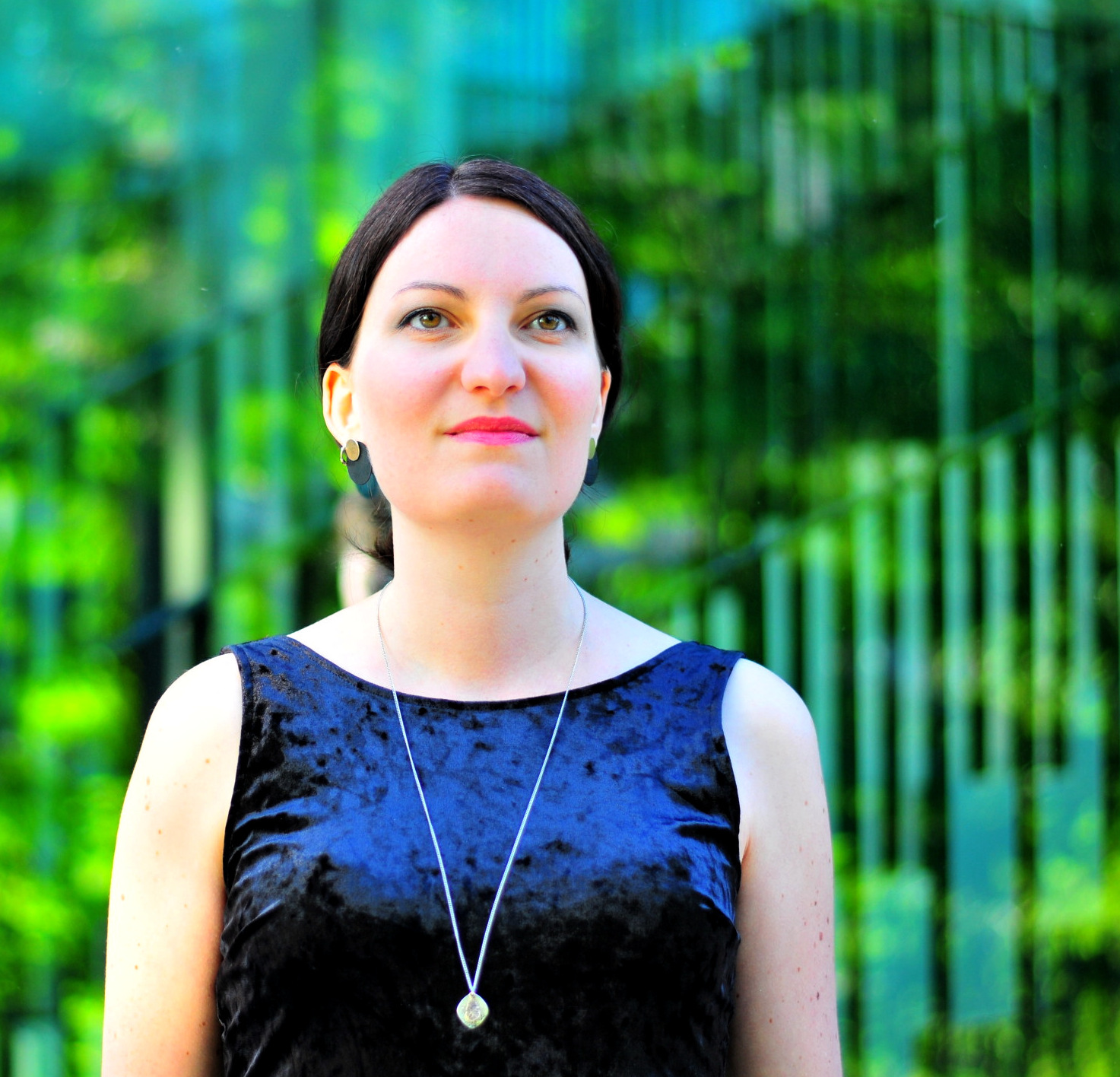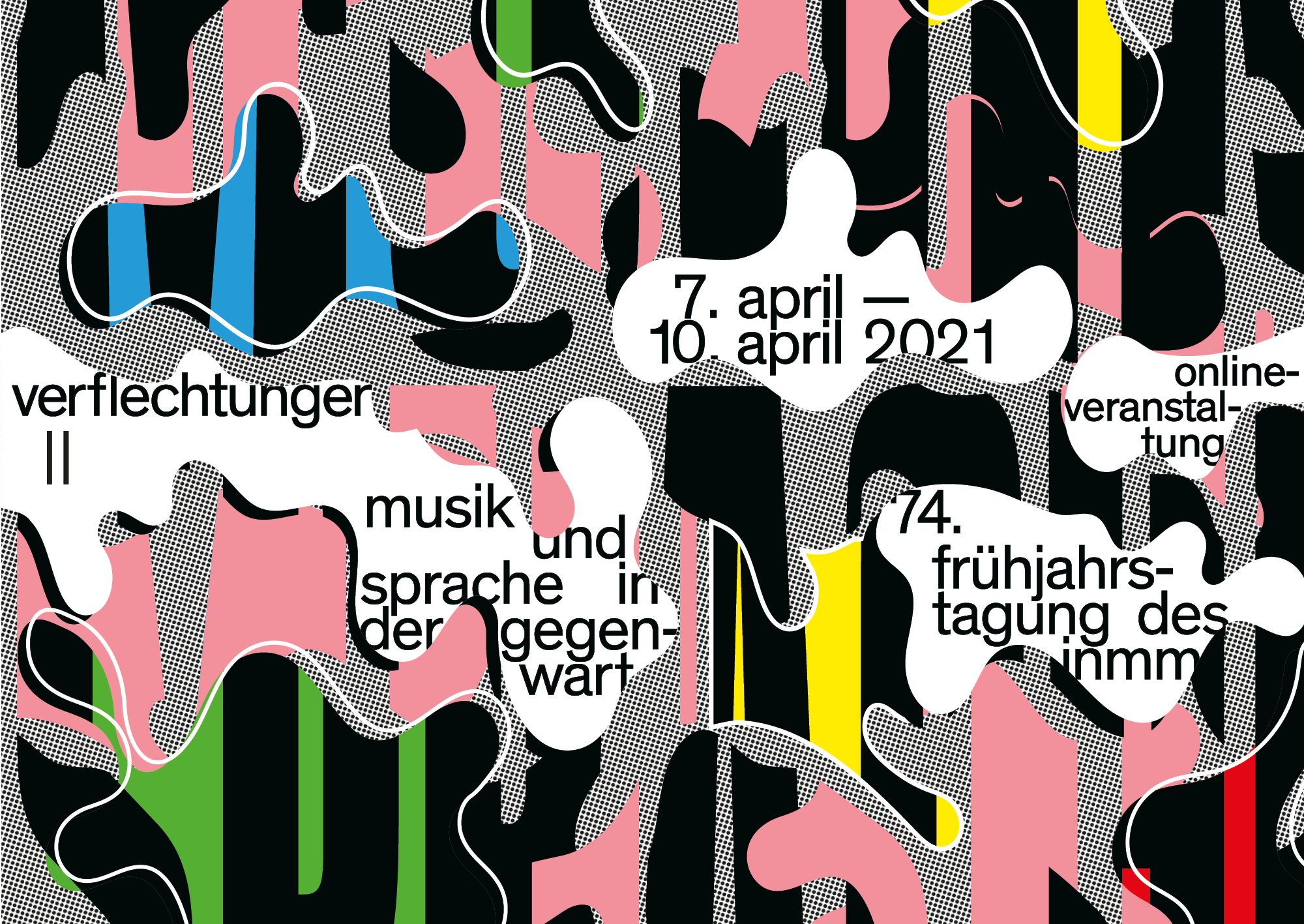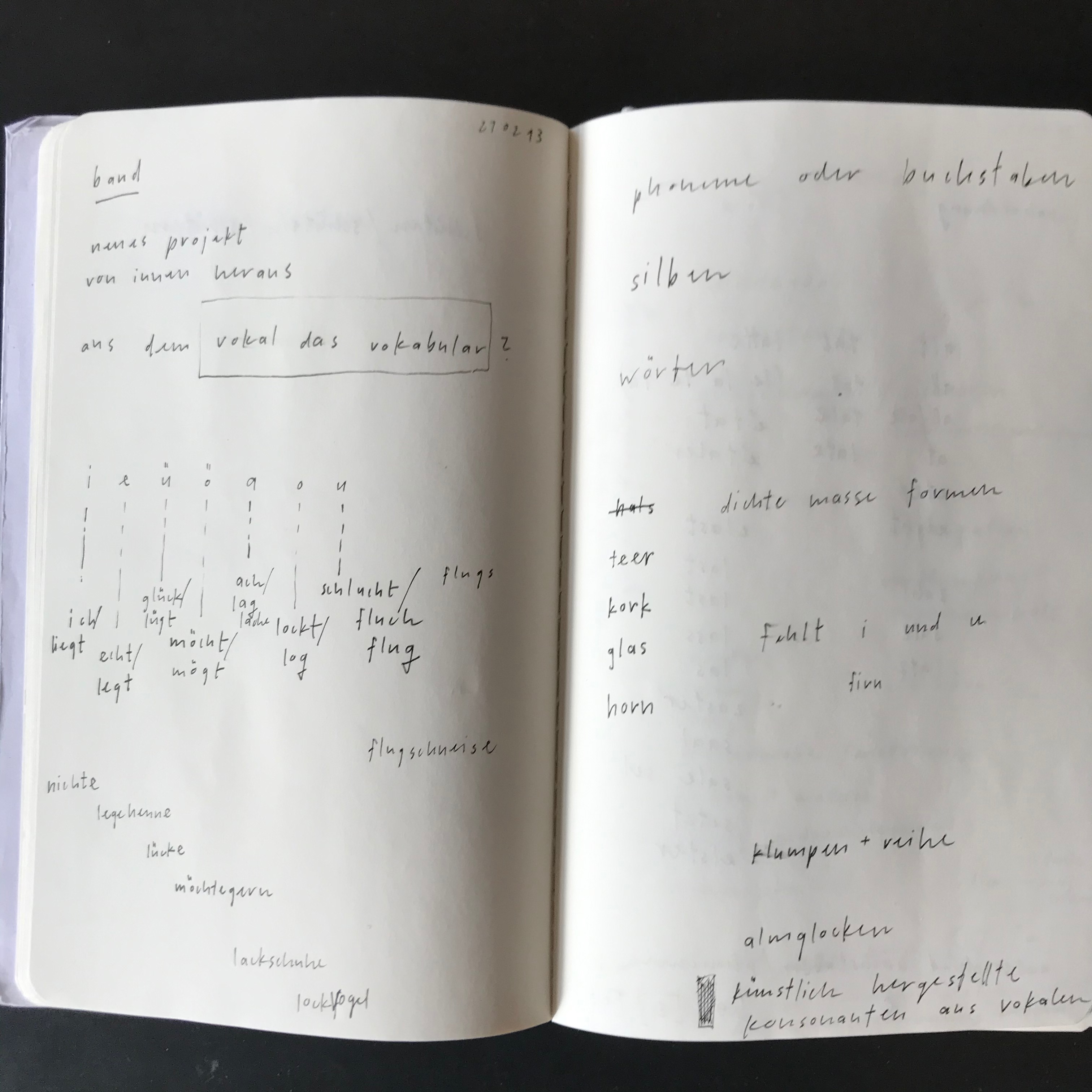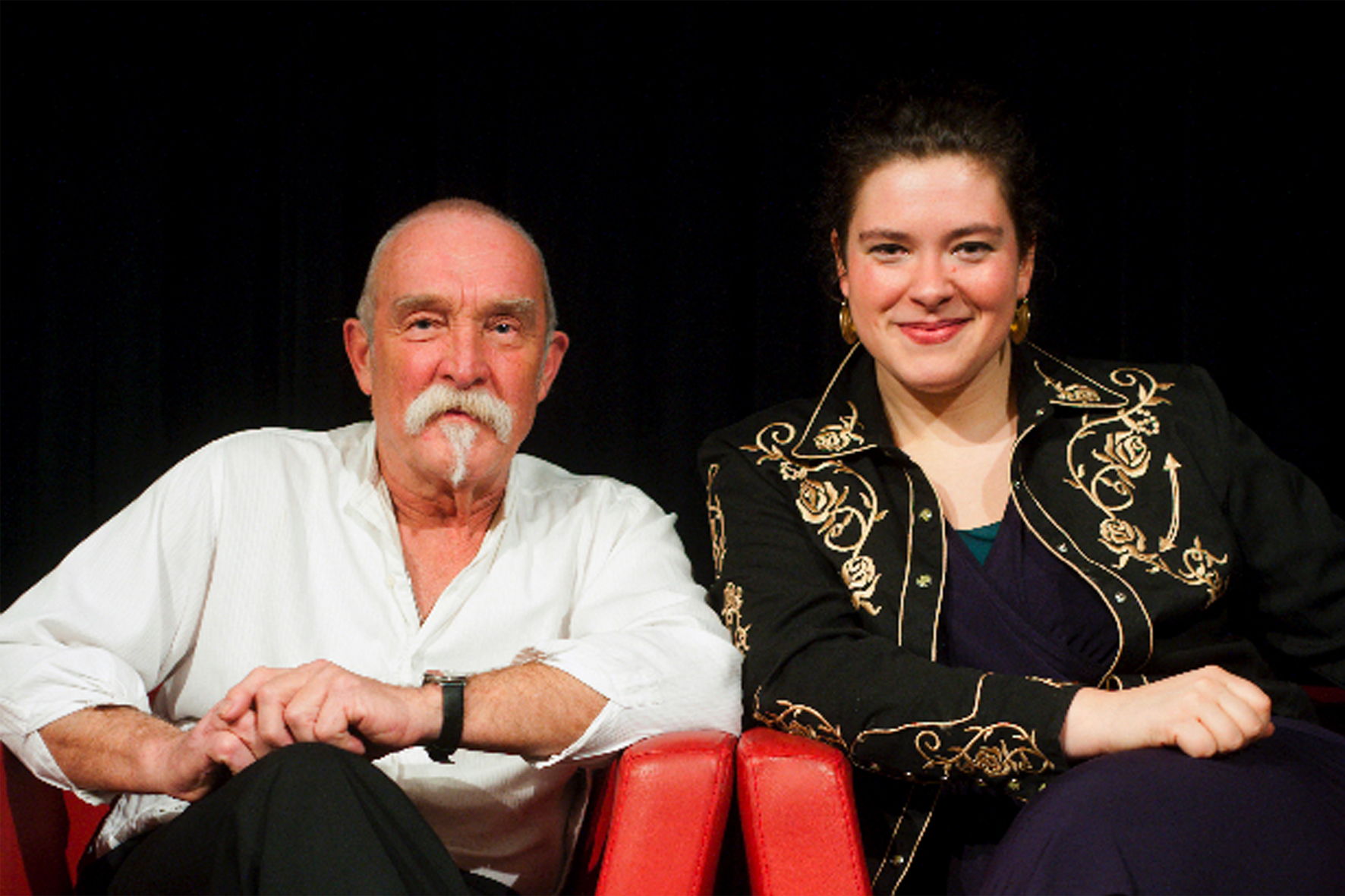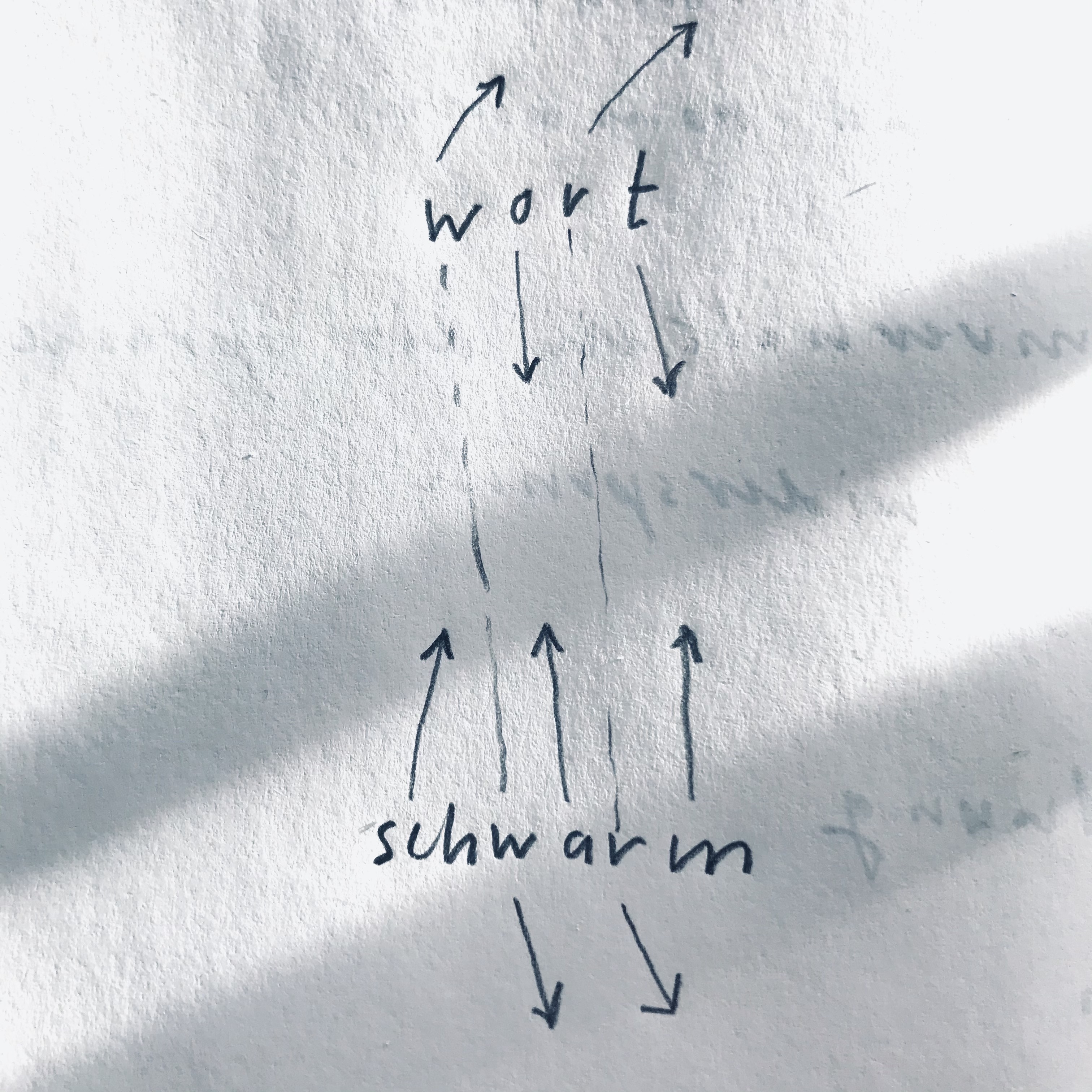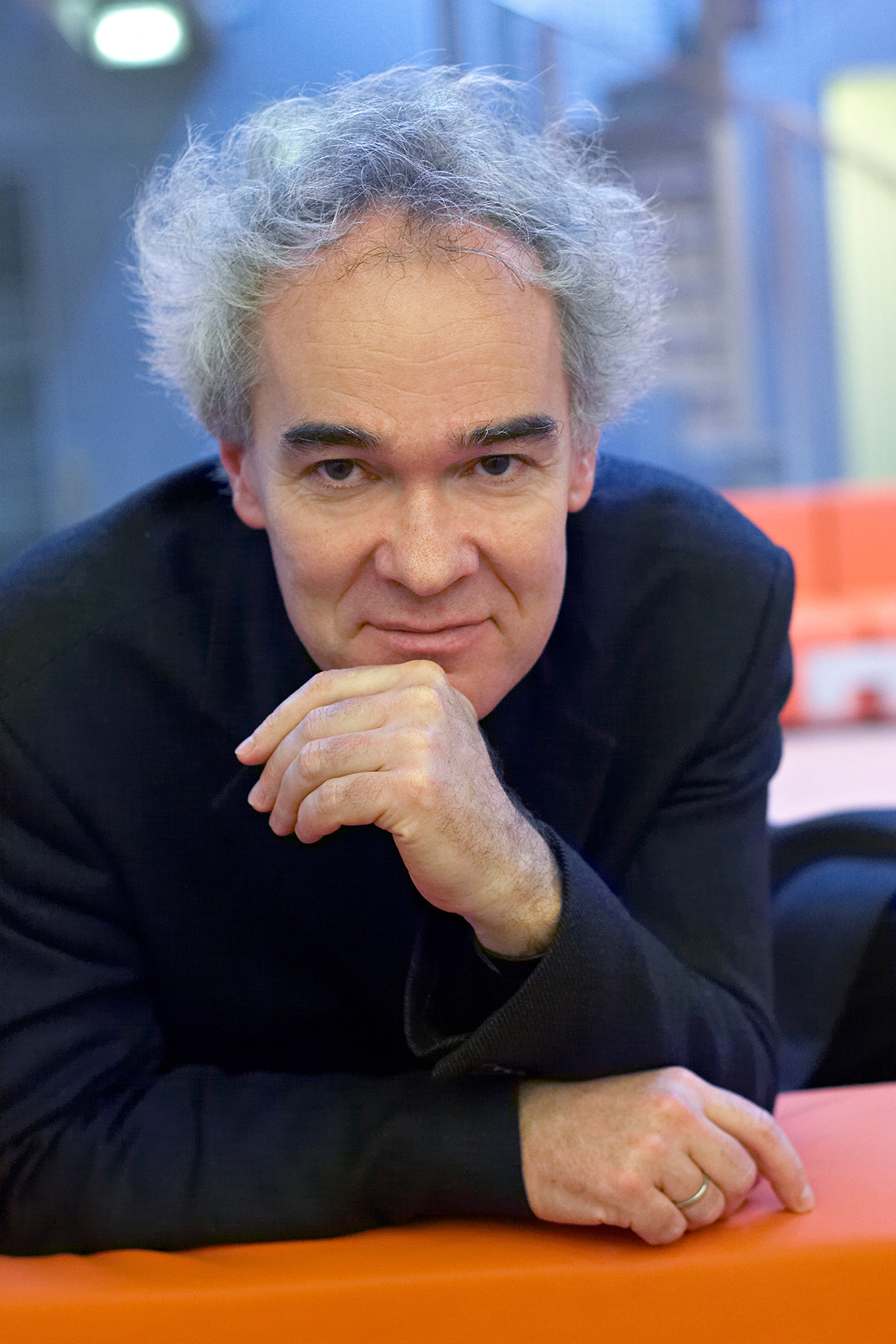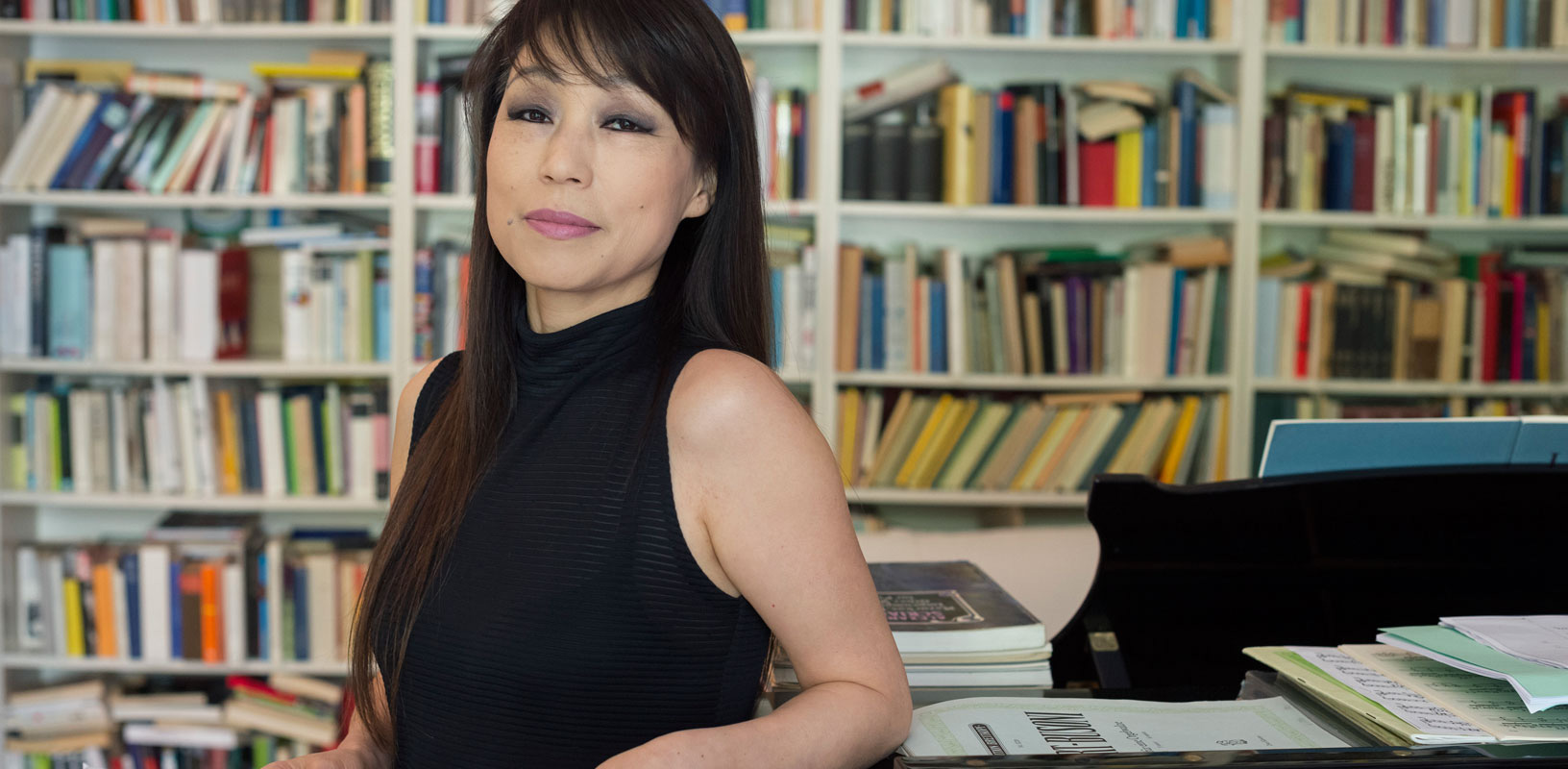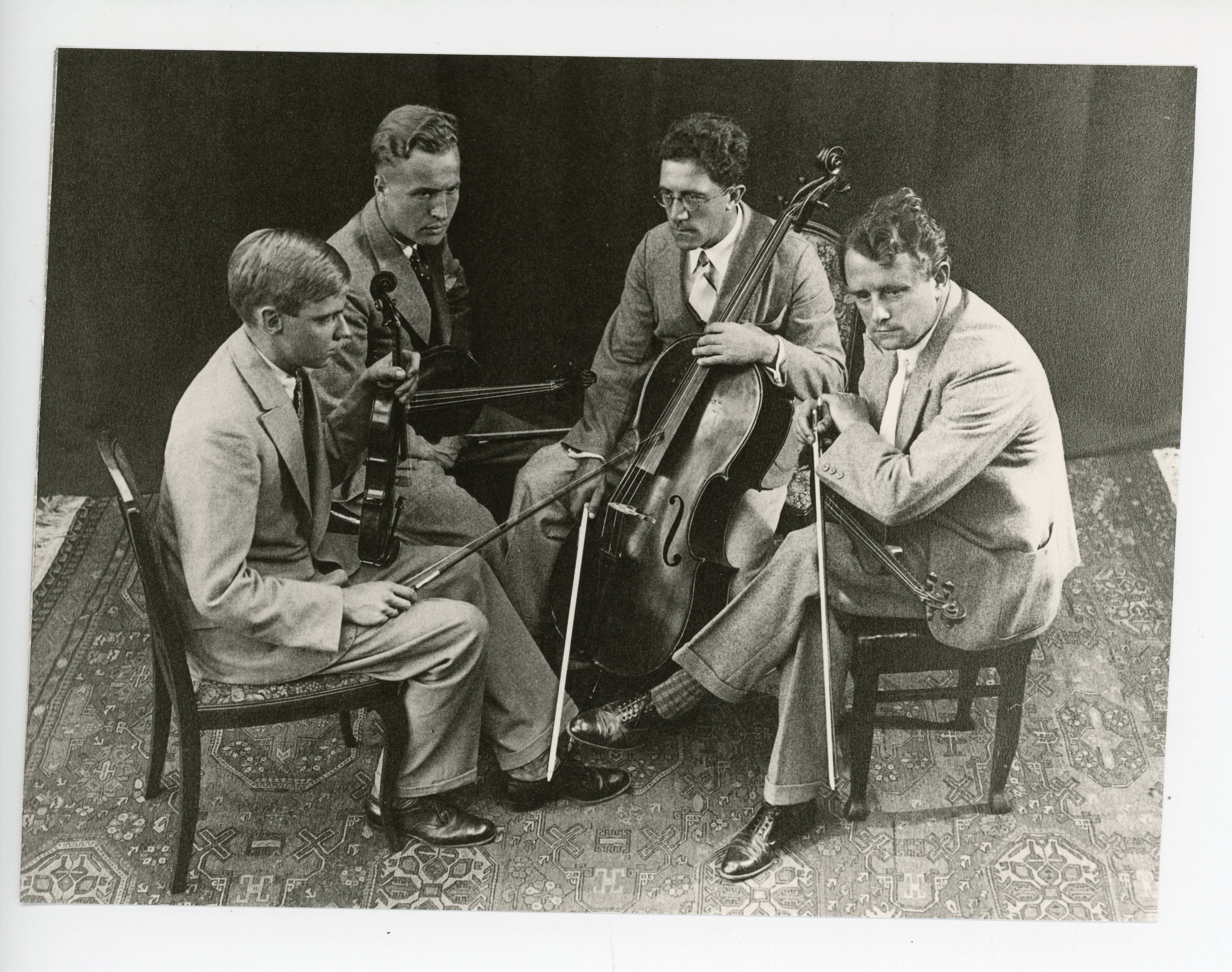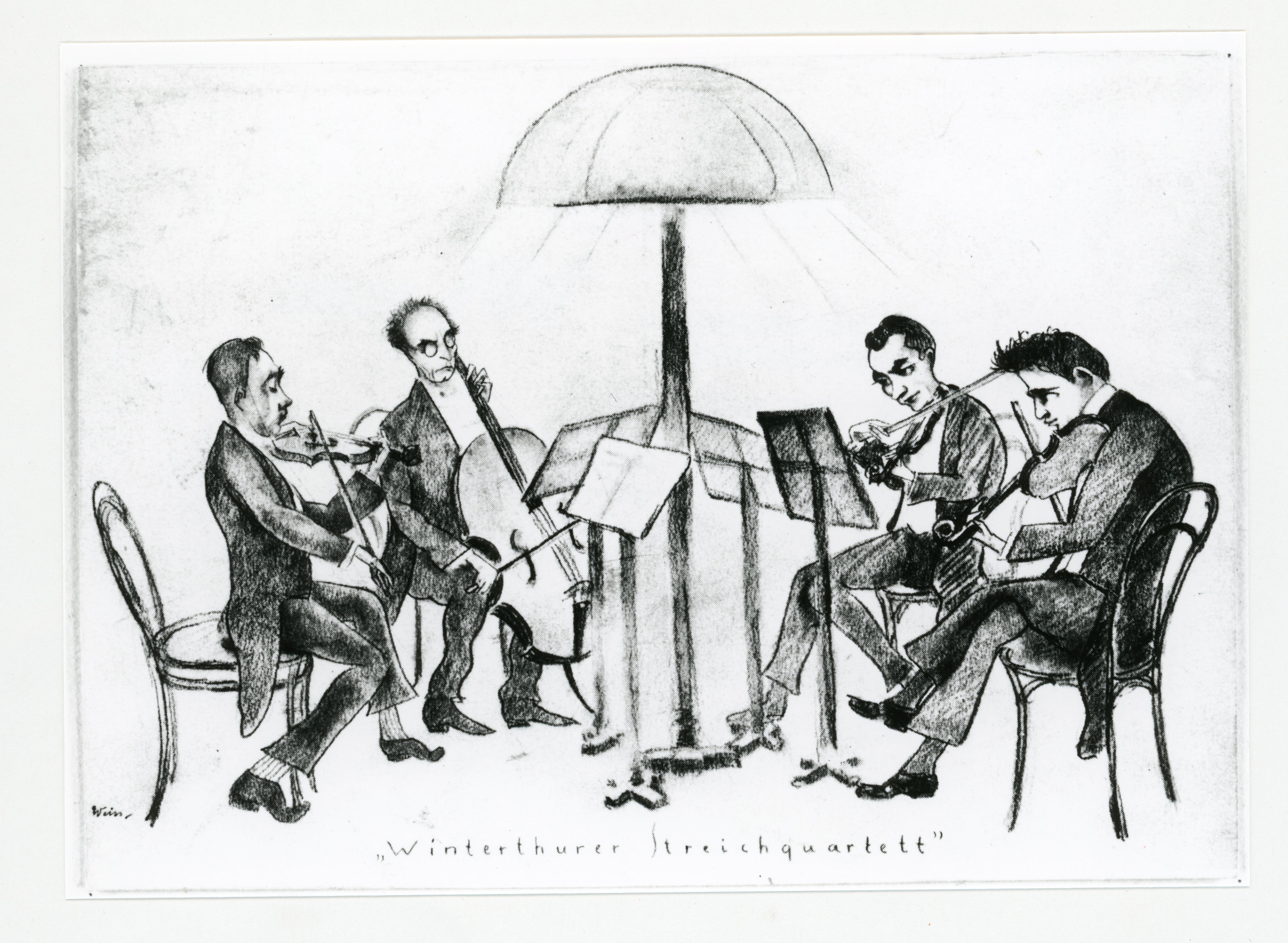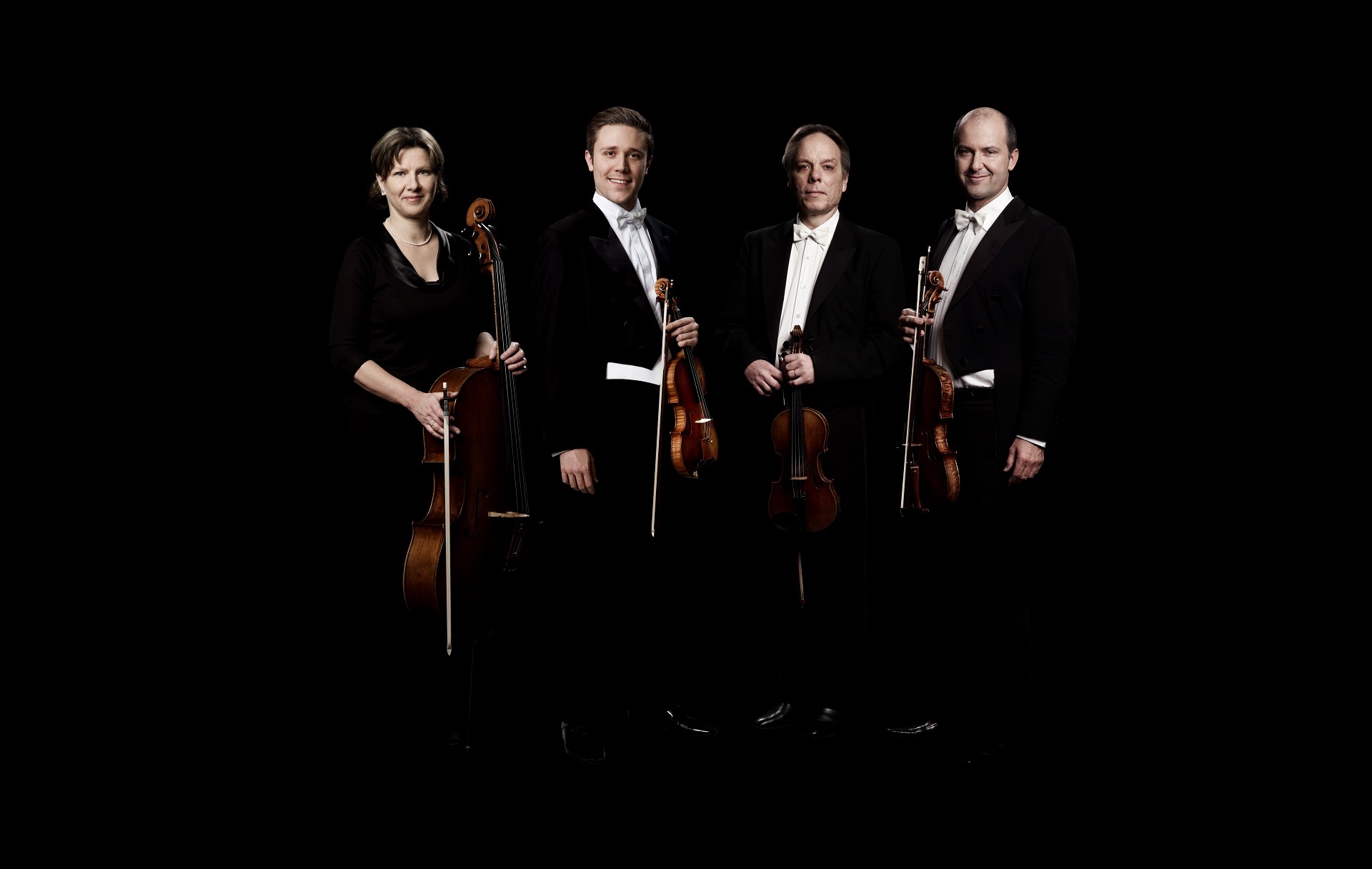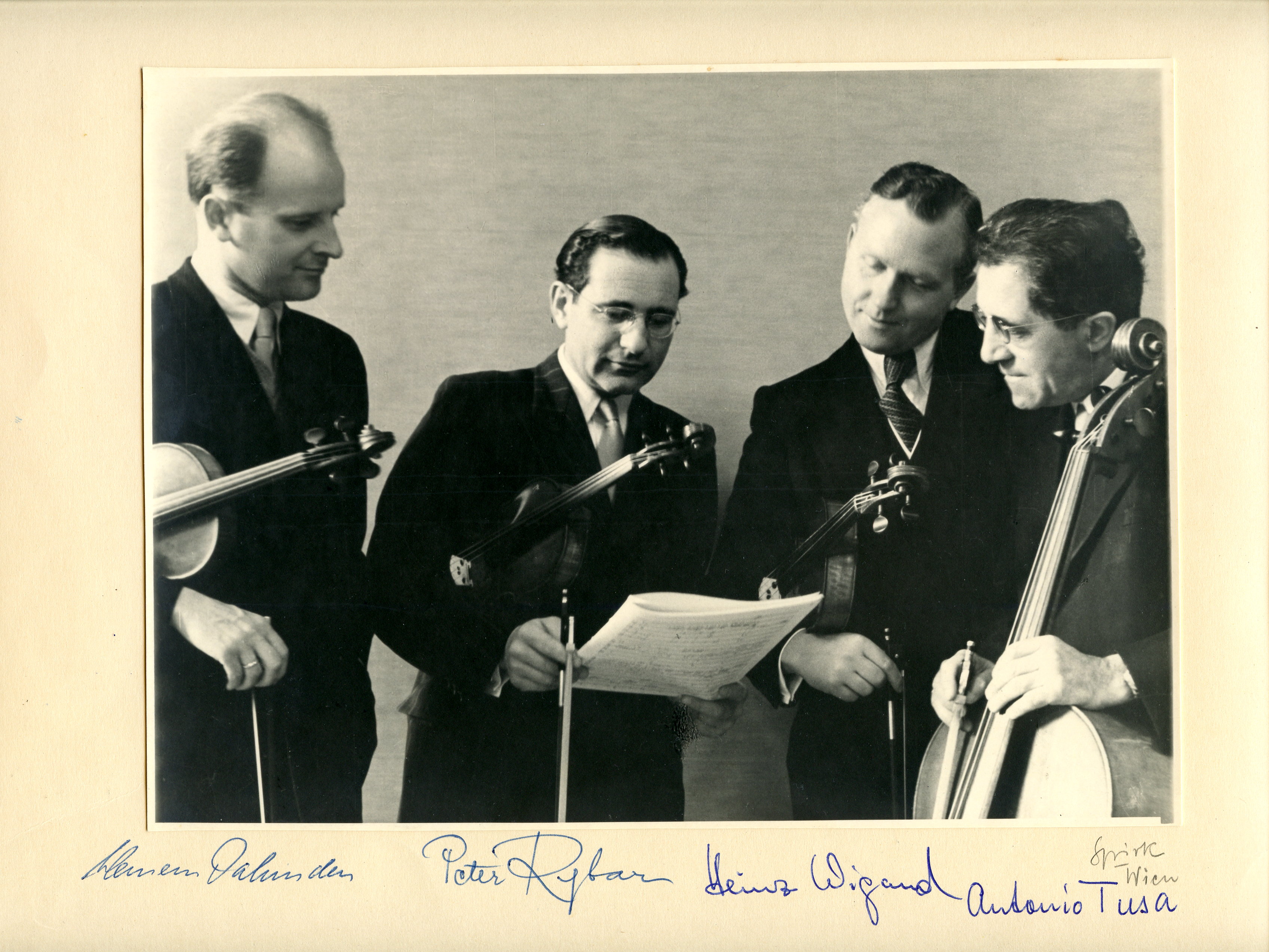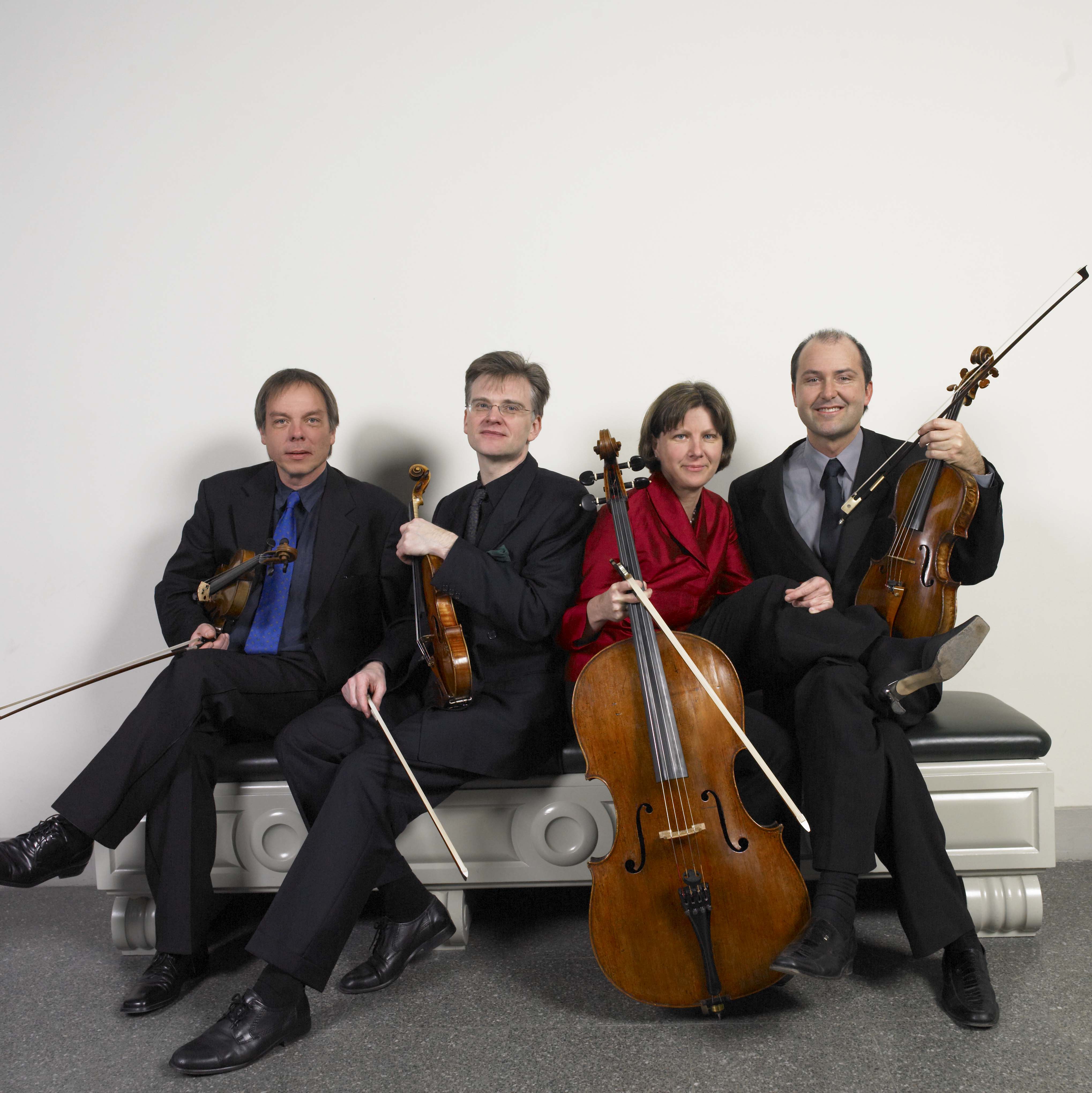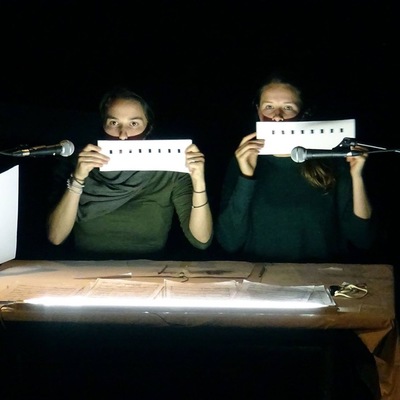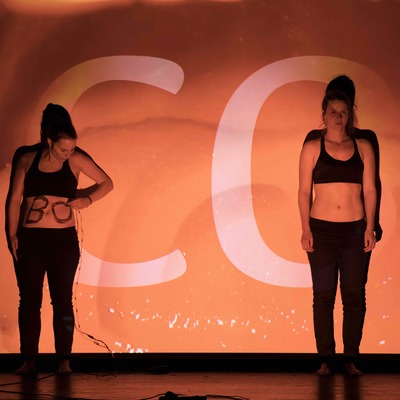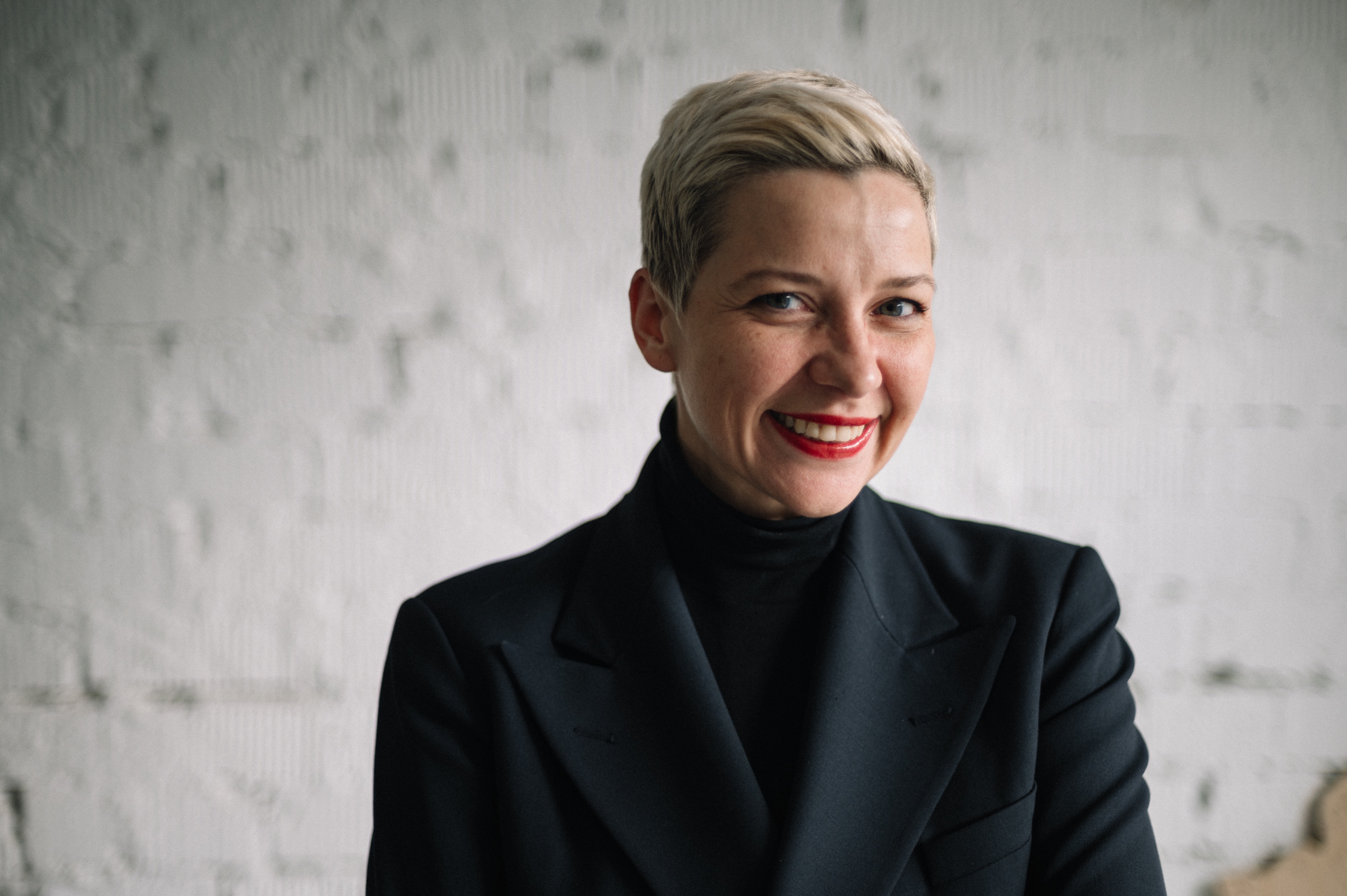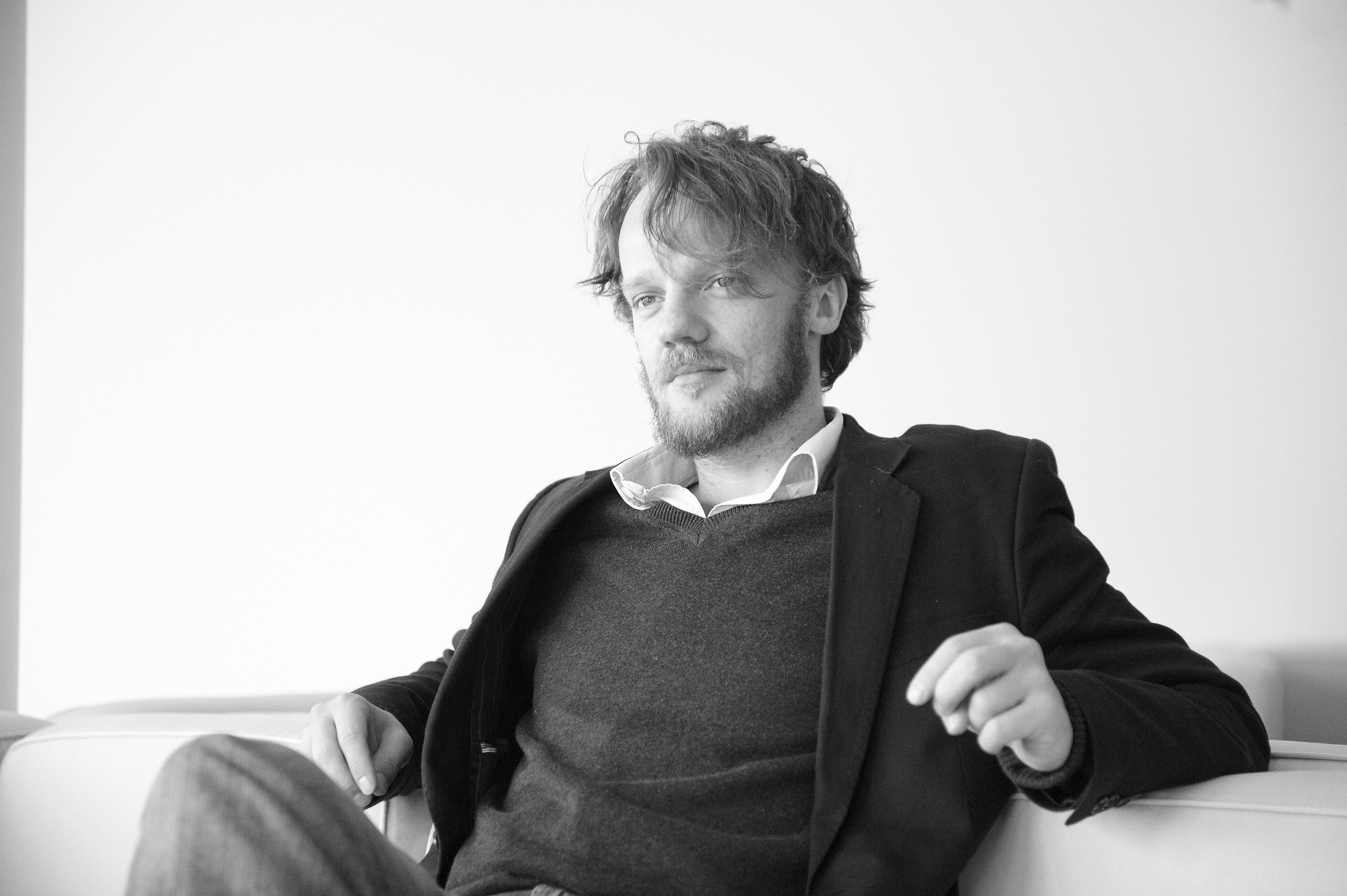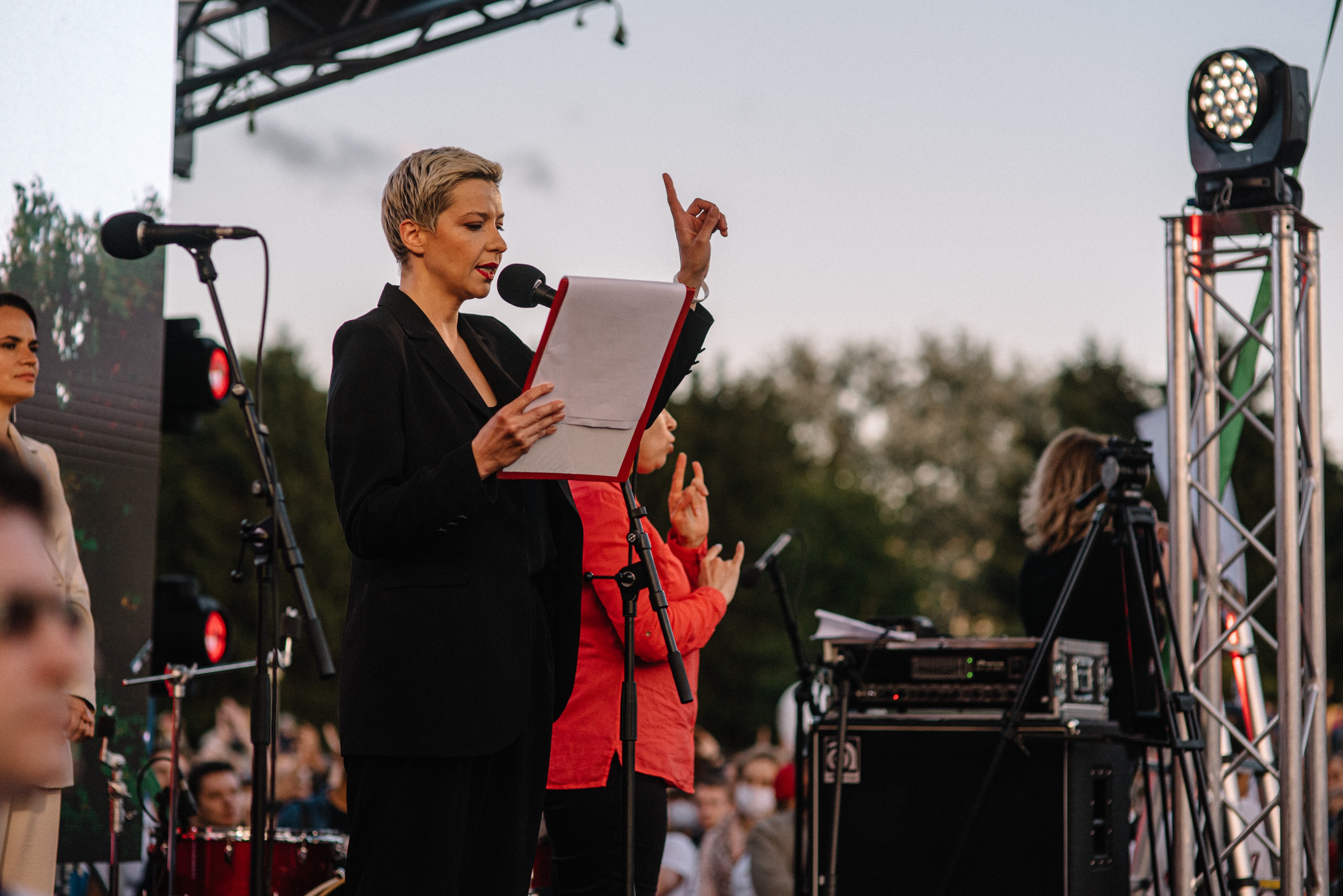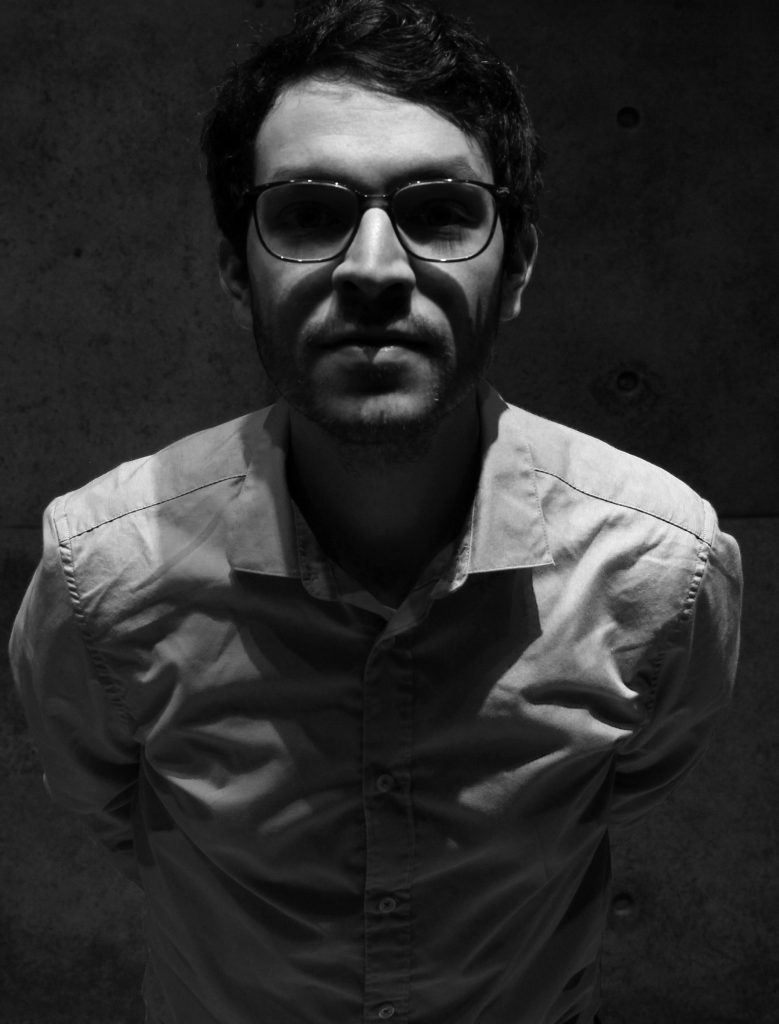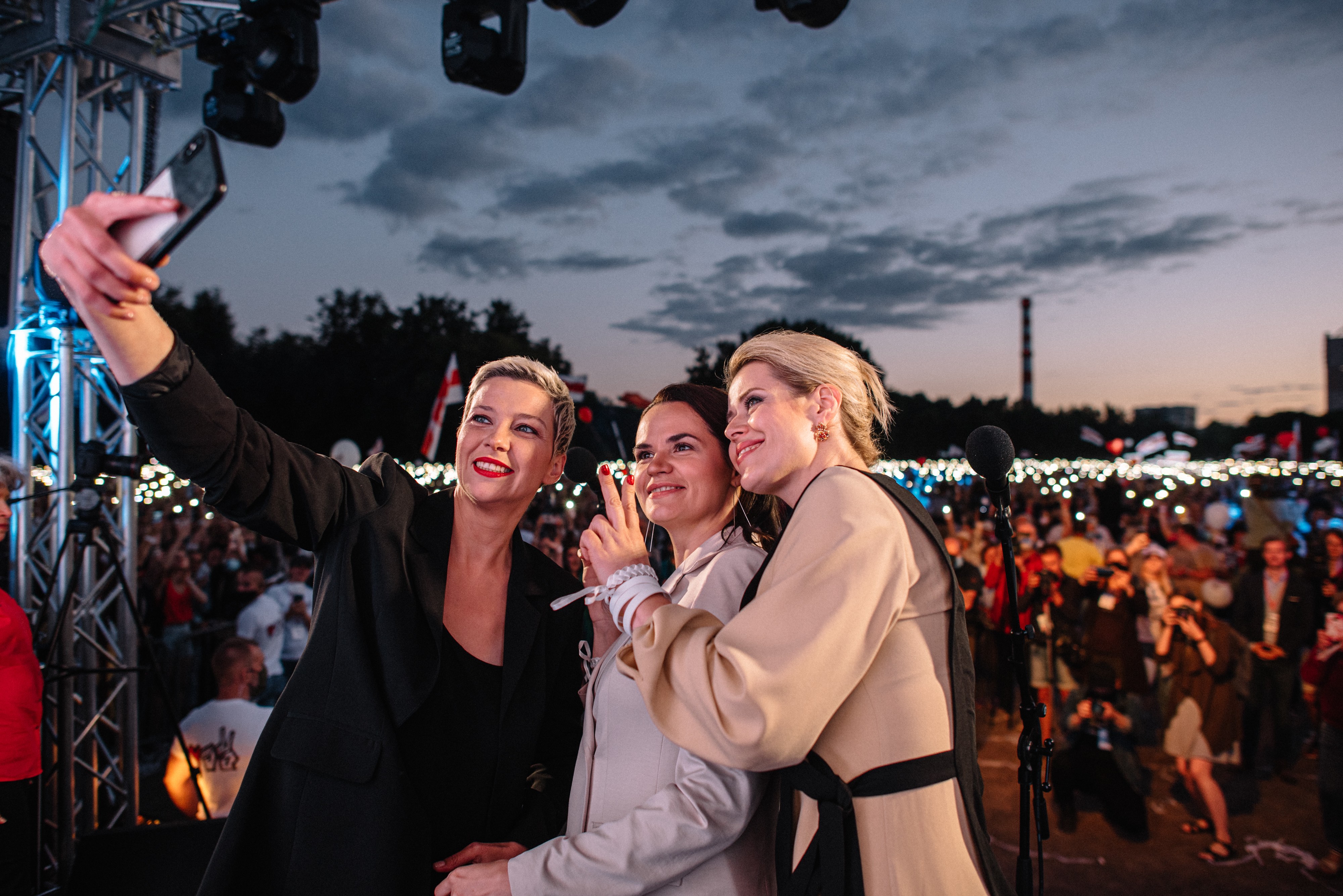Gabrielle Weber
Hyper Hyper!? Hyper Duo masters the art of escalation to excess. Pianist Gilles Grimaitre and percussionist Julien Mégroz consistently focus on energy, rhythm and satire. There seem to be no musical styles nor performance boundaries for the duo. Moving between classical avant-garde and pop-rock, Hyper Duo transcends common perceptions in a playful and humorous way. Their new programme Hyper Grid will be premiered at the Gare du Nord – Bahnhof für Neue Musik Basel.
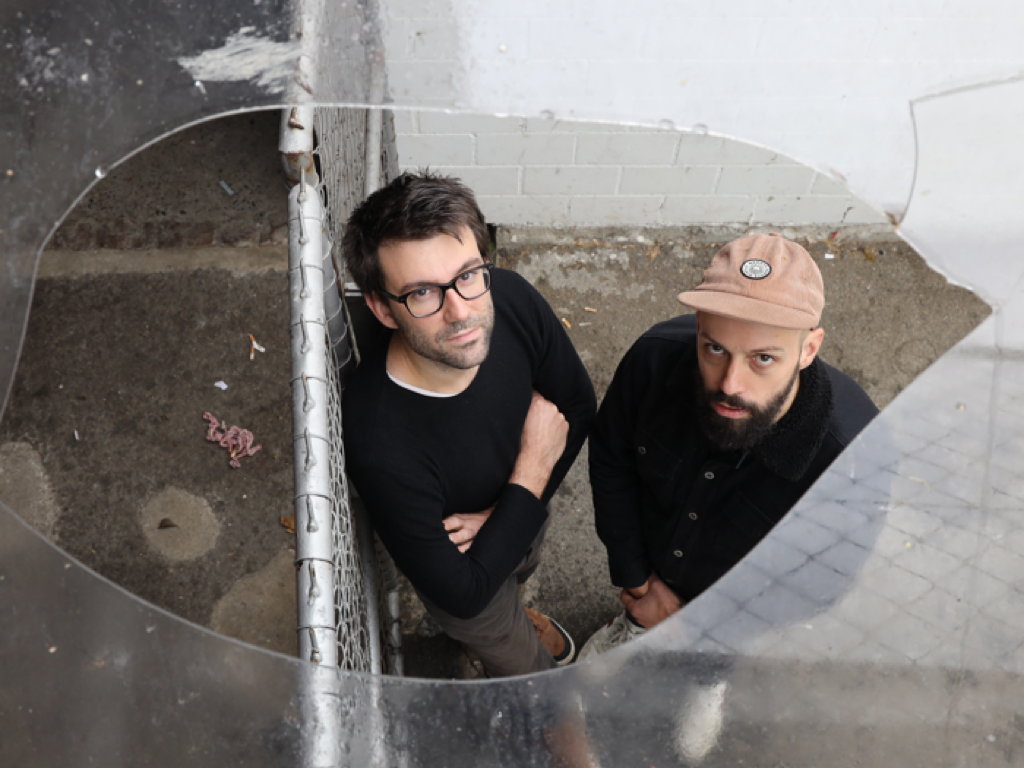
The two artists define Hyper Duo as ‘experimental band’. Julien Mégroz comes from Lausanne and after studying there, he specialised in contemporary music at Basel’s FHNW. Gilles Grimaitre, from Geneva, studied at Bern’s HKB and went on winning a scholarship at Frankfurt’s international Ensemble Moderne Akademie. Both describe themselves as performers, improvisers, composers as well as project inventors.
Overcoming stylistic and genre boundaries and expanding horizons is the central focus of their duo, always in close collaboration with other artists and musicians. Energetic and humorous, Hyper Duo moves between traditional composition from the classical avant-garde, rocking electro-energy and absurd poetry. They draw inspiration both from popular and cultivated music.
New pieces for their chosen instrumentation as well as modern classics, supplemented with experimental electronics, video or even objects, form the musical core, with compositions provided by likeminded musicians or themselves.
Several Hyper programmes already stand for the unconventional approach to traditional concert formats, bearing titles like Hyper Cut, Hyper Stuck, Hyper Fuzz oder Hyper Rift.
Hyper Rift, Trailer ©Musikfestival Bern 2020
Hyper Rift, for example, consisted in a light and sound installation controlled by seismographic data at the Bern 2020 Music Festival. During a live performance inside Bern’s Monbijou Bridge, the duo, together with video artist Pascal Meury, made tectonic shifts audible and tangible. With percussion and synthesizer, they also pushed the volume to a limit just tolerable.
In Hyper Temper, a trio programme with percussionist Miguel Angel Garcia Martin, the two questioned the grand piano as instrument for its role in the music business, music history, but also as an everyday life object. In Cathy van Eck’s ‘pièce d’ameublement‘, it became an ornamental plant-bearing piece of furniture and thus symbol of bourgeois lifestyle in the 19th century.
In Hyper Grid, the two now perform again on their core instruments – amplified piano, drumset and electronics – as a follow up to their previous projects Hyper Fuzz and Hyper Cut.
Hyper Cut humorously complemented drumset, piano and electronics with video, voice and objects in new works by Simon Steen-Andersen, Sarah Nemtsov or Wolfgang Heiniger, among others.
Hyper Duo: Hyper Cut, Simon Steen-Andersen, difficulties putting it into practice, Video ©Hyper Duo
The Hyper Fuzz project, on the other hand, combined new, explicitly groovy pieces and modern classics with references to pop, rock and jazz, supplemented with electronic interludes by young Swiss sound inventor Cyrill Lim. Works by Frank Zappa, who himself combined electronic and electronic music in aesthetic projects, were heard alongside music by Stockhausen or young Lausanne composer Nicolas von Ritter. The programme was performed in classical concert halls and festivals as well as in rock and jazz clubs.
Hyper Duo / Hyper Fuzz @Taktlos Festival Zürich 2018, Video ©Hyper Duo
In the new project, Hyper Duo deepens its collaboration with two artists:
Serbian composer Marko Nikodijevic, who joins them himself on electronics for the world premiere of his grid/index [ I ] for the Hyper Duo. In his works, Nikodijevic likes to combine traditional instruments with digital sounds, using techno and pop techniques. Grid / index [ I ] is based on a work of the same name by artist Carsten Nicolai, a huge collection of drawings of two-dimensional grids and patterns. Nikodijevic translates the reference into simple rhythmic and melodic patterns reminiscent of the so-called ‘minimal techno’ of the 90s.
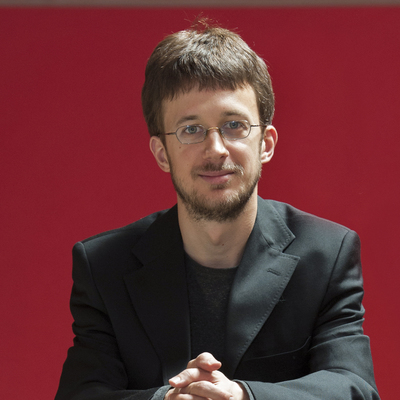
Kevin Juillerat, composer from Lausanne, refers to Nikodijevic in his work L’Être-On. His piece is based on a text by the surreal poet Antonin Artaud from a radio programme the artist produced himself in the 1940s. Juillerat explores the analogy between poetry and sound, creating a rhythmic, electronics-infused half-hour ‘mini-oratorio’.
Kevin Juillerat, le vent d’orages lointains, for piano and strings, UA 2018
The two experimental musicians from the French-speaking part of Switzerland never fail to offer subversively funny but also musically poetic programmes, which is plain to see in their numerous videos. Whether hyper hyper can still be intensified is best determined live in the new programme Hyper Grid, on June 2, at the Gare du Nord and from November onwards at several other venues. Especially since live concerts are now possible again, after such a long time.
Gabrielle Weber
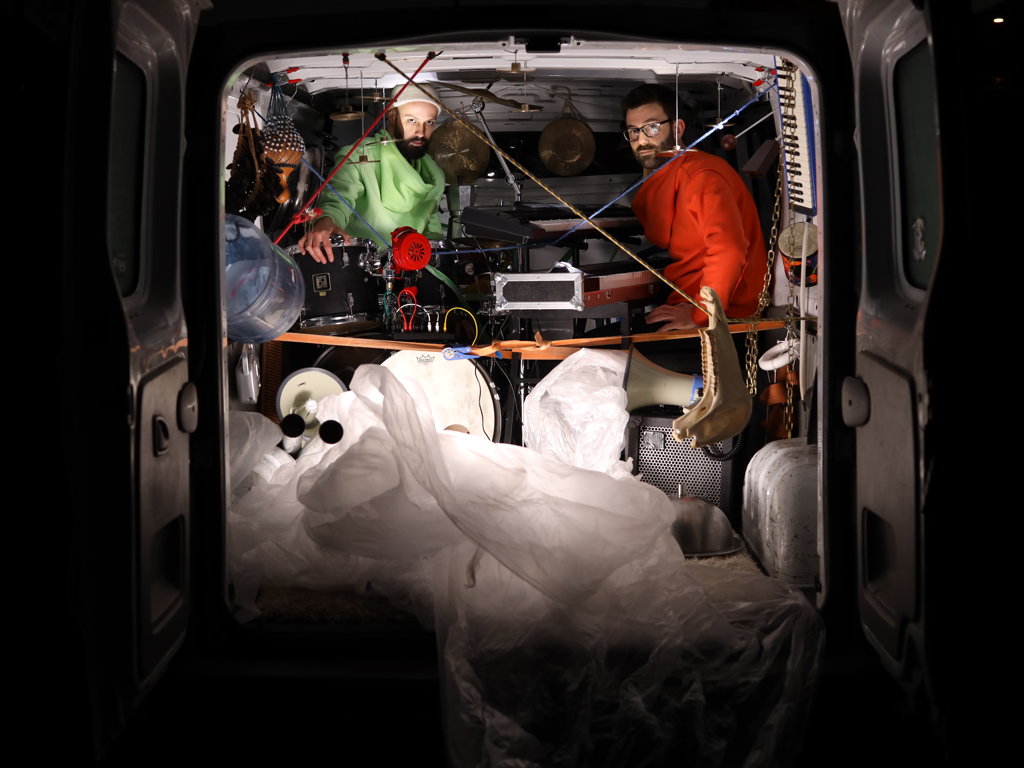
The Gare du Nord – Bahnhof für Neue Musik Basel invites ensembles from the French-speaking part of Switzerland during three seasons for the Focus Romandie series. Hyper Grid is the third and last programme of this first season.
The new works “L’Être-On” for amplified piano, percussion, voice and effect pedals by Kevin Juillerat and “grid/index [ I ]” for drumset, piano and electronics by Marko Nikodijevic will be premiered.
Concerts
2.6. 21 Gare du Nord Basel
4.11.21 IGNM Zürich
17.12.21 Salle Farel, Bienne
Indigne de nous, Hyper Duo’s first studio album will be released on June 5, 2021 by Everest Records.
Marko Nikodijevic, Frank Zappa, Karlheinz Stockhausen, Carsten Nicolai, Antonin Artaud, Sarah Nemtsov, Wolfgang Heiniger, Miguel Angel Garcia Martin
neo-Profiles:
HYPER DUO, Kevin Juillerat, Gilles Grimaitre, Julien Mégroz, Cathy van Eck, Simon Steen-Andersen, Cyrill Lim, Nicolas von Ritter, Gare du Nord


